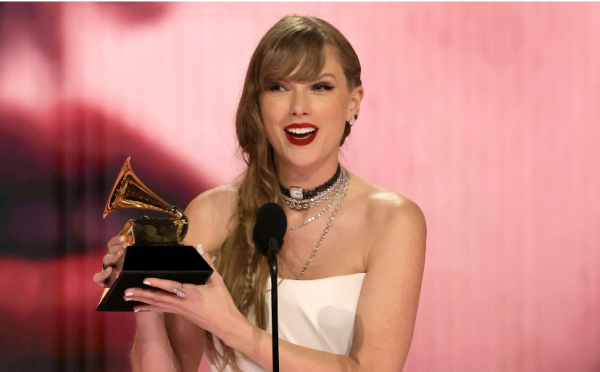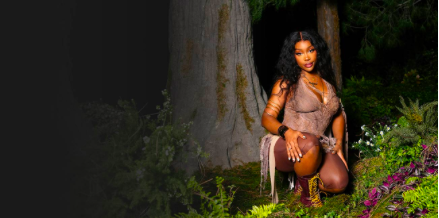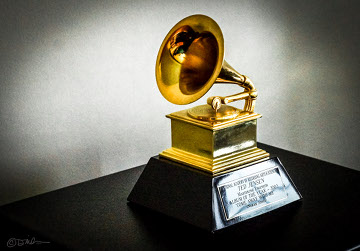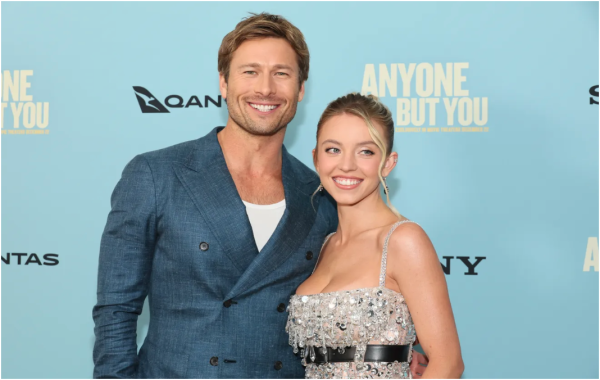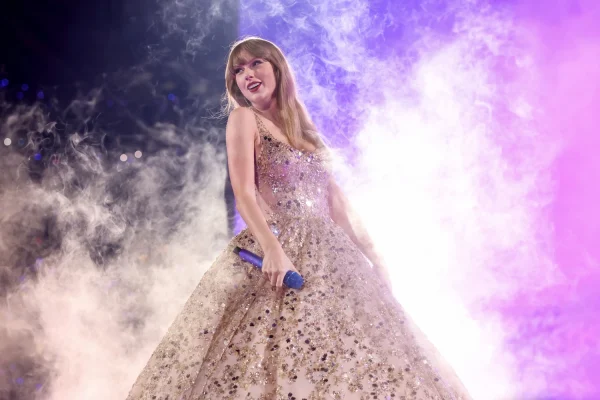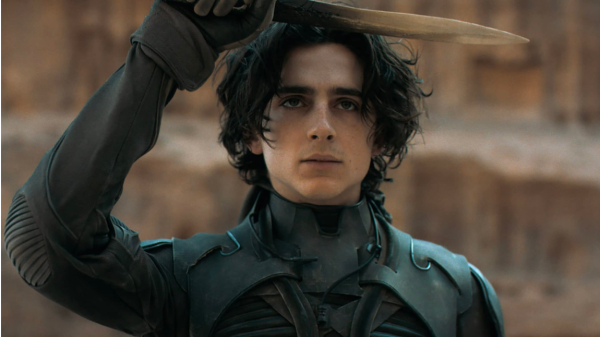Harriton Jukebox: Beyonce
At 12 am on Friday the 13th — a day usually associated with bad luck — Beyoncé released her fifth studio album, eponymously titled. The album was simply uploaded to iTunes without any promotion, announcements, or even hints at any upcoming new record. In less than three hours of its release it sold 80,000 copies, and in three days it sold over 600,000 copies, proving any day is a day of luck when you’re Beyoncé. And for good reason too, as this latest album is perhaps the singer’s greatest and most experimental effort.
There are fourteen songs on the album, each a fusion of R&B, jazz, funk, and rhythm — sometimes surreptitiously sneaking in messages of empowerment and anthems of equality. Every track is expertly crafted to boast Beyoncé’s incredible vocals through the accompaniment of bodacious synths, guitar riffs, and percussion. A notable aspect of the album is Beyoncé’s more mature take — a spicier, more adult quality, with lyrics that present the singer as a female dominatrix, a feminist who proves sexy can be synonymous with leadership. It’s as if she is calling on each woman to be a leader, to be sensual for herself, and not for her significant other.
Beyoncé sings each song with different tones and emotions. Whether earnestly belting out “Pretty Hurts” or being fiercely sexual in “Yoncé/Partition,” she doesn’t take a break from being soulful. Her vocals are always honest and truthful.
One of the album’s highlights is “Blow,” a song about pleasure, set to a 70s-ish groove, with a whispery melody sung by the songstress. Her desires and fantasies demonstrate her maturity and growth — taking on these more adult subjects, while handling them with responsibility. “Mine,” featuring rapper Drake, explores the struggle of post-partum depression following birth. “Drunk In Love,” featuring hip hop mogul and husband Jay-Z, acts as somewhat of a sequel to “Crazy In Love,” with memorable samples. Also, her feminist chant, “***Flawless,” features an excerpt of the speech “Why Everyone Should be a Feminist” by author Chimamanda Ngozi Adichie.
Something else about Beyoncé’s album — it’s called a “Visual Album.” Every song has an accompanying music video. Each one has a different theme, a different director, and a different location. The video for “Blow” is a neon rollerblading dance party (with a bit of a 70s style so as to match the song). “Haunted” presents incredibly wild visuals, from crazy nurses to mummified patients. But perhaps the best video is the one for “Pretty Hurts.” It takes place in a beauty pageant with all the contestants fighting their insecurities. As they try to fit into their new dresses, swimsuits, and ball gowns, the video tackles issues such as anorexia and bulimia. Beyoncé, one of the frontrunners in the contest, feels this pain as she battles to win the crown. She ultimately loses, and as she puts on a mask of happiness for the winner, her sadness shows through the cracks.
Beyoncé’s album proves to be a worthy contender for one of the year’s best. It provides a depth like we’ve never seen from the singer, and a variety of composition styles. This album may be her finest work, demonstrating her growth from a singer to an artist.

Joel Danilewitz is a senior and is proud to be a part of the Banner community! Joel has been writing with the Banner since he was a freshman, and while...




